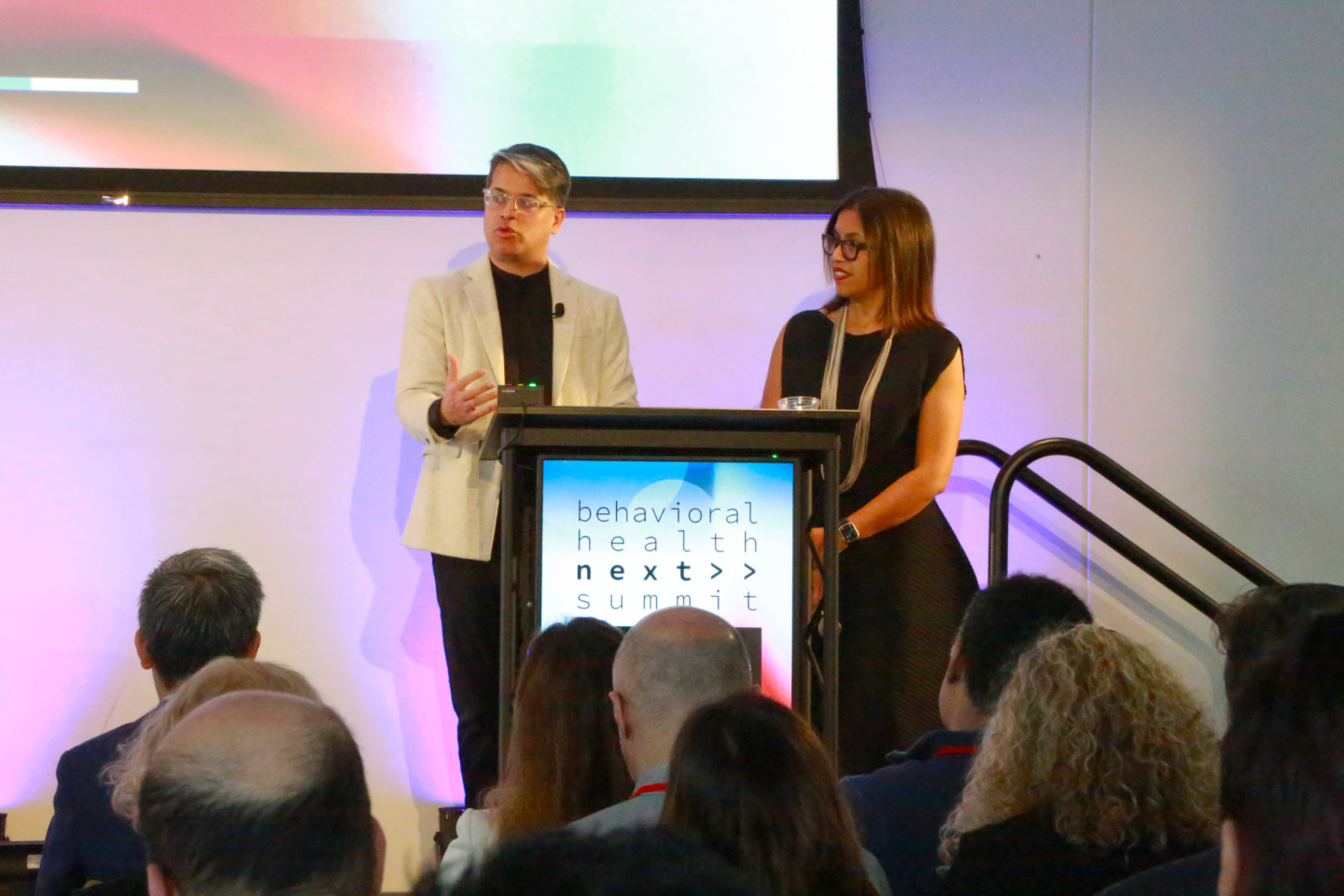Runway Startup Partners with Hospital to Pilot Pioneering Pathogen Detection Technology
Categories
Biotia, a Runway Startup at the Jacobs Technion-Cornell Institute, announced a partnership with Bumrungrad International Hospital to pilot their artificial intelligence (AI), sequencing-based technology to revolutionize pathogen and drug resistance detection.
The organizations announced the partnership in a joint release, detailing the threat of antimicrobial resistance in hospitals:
Antimicrobial resistance of microorganisms is an increasing international threat. The WHO has called for urgent initiatives to address the situation, including the use of novel diagnostics and approaches to identify organisms and their antibiotic resistance characteristics more rapidly. These improvements will give clinicians the relevant information to provide more timely and appropriate treatment for nascent and established infections. Early and appropriate intervention will improve patient outcomes.
Hospitals still largely use culturing to identify pathogens and antibiotic resistance, technology which has not fundamentally changed since the 1800s. While useful, this approach is slow and labor-intensive, and often results in delays in diagnosis or even undiagnosed cases. However, next-generation sequencing (NGS) combined with microbial identification software offers a cutting edge, faster, and more accurate solution to identify and characterize microorganisms. This technology has immediate applications in infectious disease diagnostics and outcomes, and pathogen screening for surveillance to decrease the high rates of hospital-acquired infections, which currently affect up to 1 in 25 hospital patients (CDC-HAI (US)).
Biotia has created a suite of solutions for hospitals to rapidly identify pathogens, antimicrobial resistance, and virulence markers more rapidly and robustly than standard solutions. In this year-long collaboration, Biotia will implement its pathogen detection solutions including optimized laboratory techniques, advanced sequencing technology created by Oxford Nanopore, Biotia AI software, ChelseaTM and databases, with a subset of samples also being orthogonally validated by culture, PCR, and Illumina sequencing. “At Biotia we specialize in translating cutting edge pathogen research into commercial products for hospitals,” said Biotia CEO, Dr. Niamh O’Hara. “We are excited to work with Bumrungrad International Hospital, a forward-looking hospital, to move this technology towards wide clinical adoption.”
Read the release on the Biotia website.
Media Highlights
Tech Policy Press
Content Moderation, Encryption, and the LawRELATED STORIES




